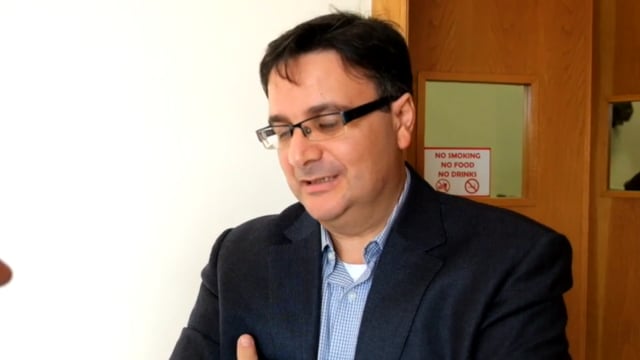[WATCH] Updated | PN say vino-tax will harm local wine industry
Marsovin, Meridiana, Camilleri Wines, and producers’ coop Vitimalta say wine tax threatens to undermine all that the local wine sector has achieved over the last ten years


Malta’s major wine producers Marsovin, Meridiana, Camilleri Wines, and producers’ coop Vitimalta have come out against a 15c excise on Maltese wine, complaining that the measure was taken without them being consulted.
“The wine tax threatens to undermine all that the local wine sector has achieved over the last ten years. We are as concerned with the uncompetitive impact of the tax – 20 cents per litre or 15 cents per bottle, as with the levity and lack of discussion with which it was presented,” the producers said.
They said that during EU accession in 2004, the then agriculture ministry was concerned that the Maltese wine industry would be extinguished by a flood of cheap imports from member states.
“This notwithstanding, Malta’s negotiators, legislators, farmers, wine-producers, retailers, and consumers proudly worked together to transform potential into reality,” they said.
Despite a cross-European planting moratorium, Malta managed to secure pre-accession planting rights which increased pre-EU vineyard cultivation of 300 hectares into the current vineyard cultivation of 1,000 hectares. This was designed to reduce Malta’s previous dependence on 6,000 tonnes of imported grapes.
Farmers also receive €1,100 per tumolo to plant wine-vines to replace previously imported grapes and must.
“Although the new plantings largely consisted of the international varieties, care was taken to promote and develop the better strains of autochthonous varieties like Girgentina and Gellewza. The local wine-growing and wine-making communities eagerly embraced the standards underlying the production of quality wines, leading to the introduction of Malta’s internationally recognized DOK, and IGT standards,” the producers said.
The EU also funded the oenological and viticultural expertise which helped Maltese wines remain competitive despite the post-accession removal of protective tariffs equivalent to €2.40 per litre.
“We strongly urge the authorities to recognize the exemplary role played by Malta’s promising wine sector to the benefit of consumers, farmers, and producers. At this critical juncture in its development, Malta’s fledgling wine sector deserves the government’s unmitigated support.”
'Wine tax will harm competitiveness of wine industry' - Tonio Fenech
Shadow finance minister Tonio Fenech said that this new tax will harm the competitiveness of the Maltese wine industry.
“We need to decrease the weights on the industry, not increase them,” Fenech said, adding that governments have invested a lot of money through EU funds to help local wine industries.
“Besides the 20c tax per litre of wine, there will also be a 10c tax on the bandrolls around wine bottles,” Fenech said. “It is one of those taxes announced in the Budget that the government is trying to conceal.”






.jpg)















